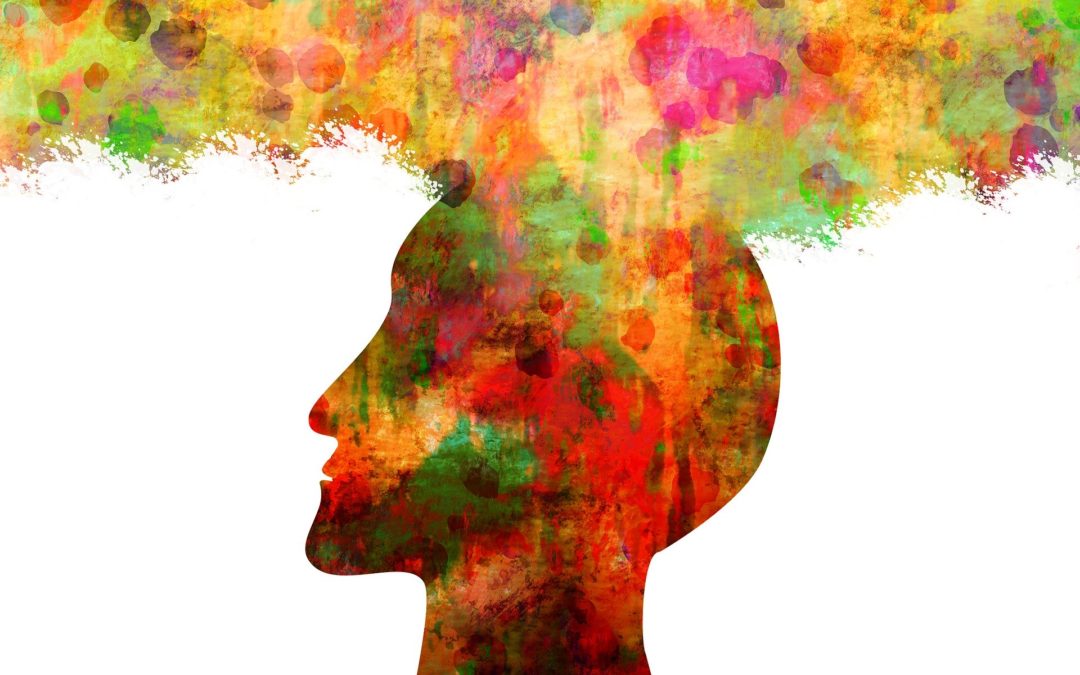If we analyze the way our mind works, we can observe that all our negative emotions are linked, in some way, to a state of clinging. This can either be clinging to a particular experience (attachment) or clinging to the absence of an experience (aversion).
In order to understand this, let’s take a look at Alfred Korzybski’s model of the mind. Alfred was a Polish psychologist born in 1876. In the early 1900s, he developed a highly relevant and practical model of the mind that is still in use today. In his model, he charts out how our minds receive and process information. As we already know, we receive information through our five senses – sight, hearing, smell, taste or feeling. This is the only way information can enter our mind from the outside world. At any given moment, our unconscious mind receives enormous amounts of information (about two million bits of information per second). The unconscious mind then rapidly processes all this information, ignores most of it, and presents the most important aspects to the conscious mind. Our conscious mind can only hold one aspect or one thought at a time, even though it often passes through these thoughts very quickly.
So we have filters in our minds which sift through all the information available to us at any given moment and decides which part of our environment is most relevant or important for our conscious mind to think about. This information is presented to the conscious mind in what we call an internal representation or more simply, a thought. This internal representation is a visual, auditory or kinesthetic reflection of the information we receive from the outside world.
Once we have this thought, we instantly attribute meaning to it. We categorize it as good, bad or unimportant. As a result of this meaning making, the thought ends up creating a positive, negative or neutral feeling. If we like it and think it’s good, we want more of it and if it’s bad and we don’t like it, we try to push it away.
The key aspect to understand about the way in which we attribute meaning is that we do so on the basis of how that internal representation relates to us. For instance, if we see the happy, smiling face of someone we like, we instantly relate it to ourselves as being a good thing that we want more of. From this attribution, clinging arises and with it, all sorts of negative emotions. If we have an experience that is negative, then aversion arises. We try to push it away and from this clinging to the absence of that experience, another set of negative emotions arise.
Over time, all this clinging influences the filters in our mind to behave in a certain way. At an unconscious level, we develop a pattern of looking for certain experiences and avoiding others. These patterns are based on past experiences that we have labelled as good, bad or neutral.
In this way, we fall into default cycles of the mind, where we are controlled by our unconscious clinging. We can see this most clearly in the way that we are pulled into things that we might have previously labelled as good, even if we consciously know they might not be good for us, such as smoking cigarettes or eating junk food.
Similarly, sometimes simply gaining knowledge of something can affect our filters to such an extent that it changes how we react to a situation. Consider the example of my wife who used to love food with gluten in it and her filters were primed to get attracted to it. She was diagnosed with celiac disease and now when she sees food with gluten in it, she has an automatic reaction of aversion. She knows it’s going to make her sick, which has influenced her unconscious filters and she is no longer tempted by it.
We are constantly caught up in unconscious cycles of attachment and aversion.
Meditation is the practice of consistently catching ourselves at the moment of attributing meaning to an experience and using this awareness to remain equanimous. It helps us reach a stage of pure experience prior to labeling it as good or bad. This creates a state where our internal representation is neutral and no clinging can arise. In this way, meditation can free us from harmful unconscious patterns that cause us a great deal of unnecessary suffering.
